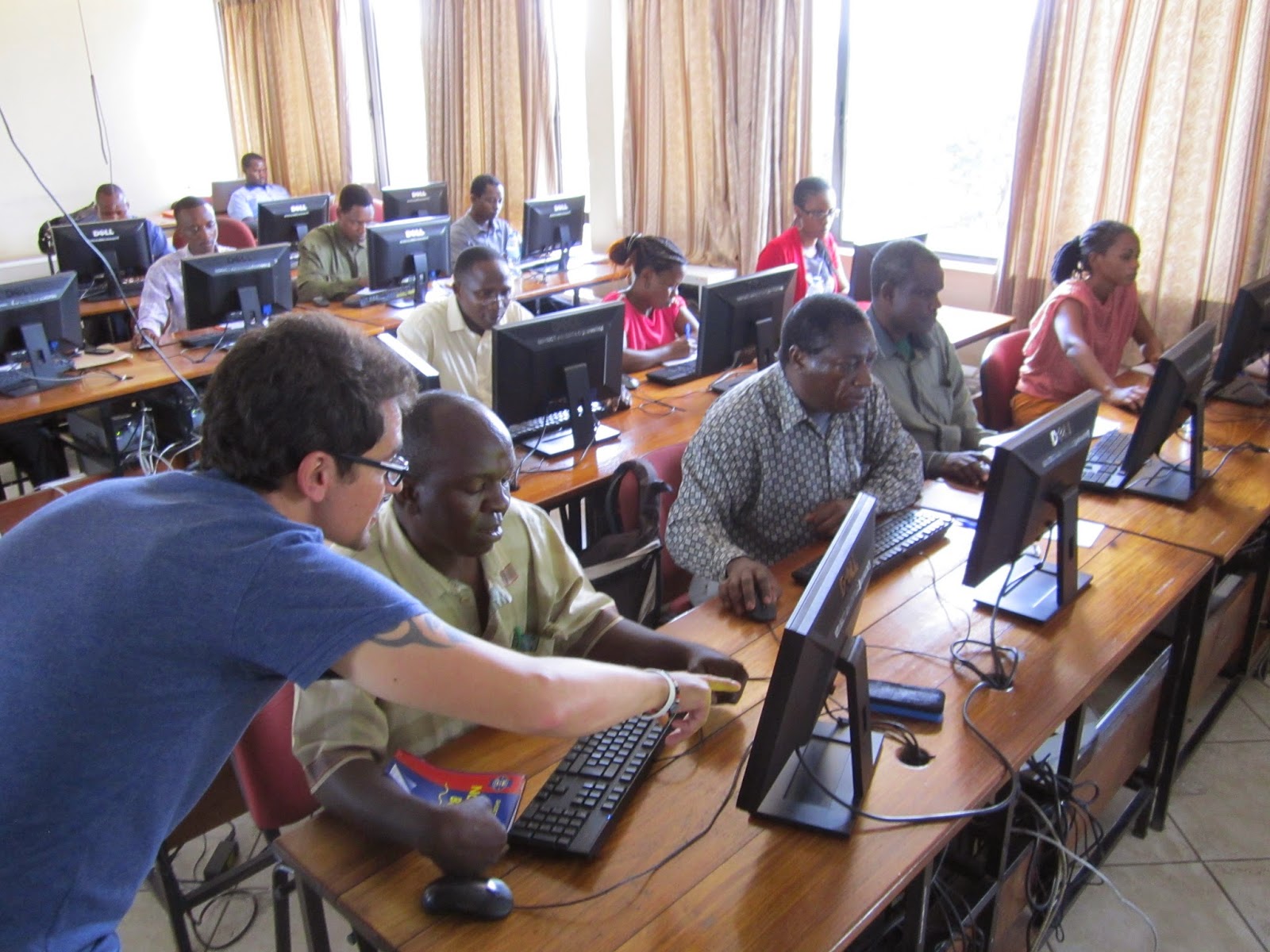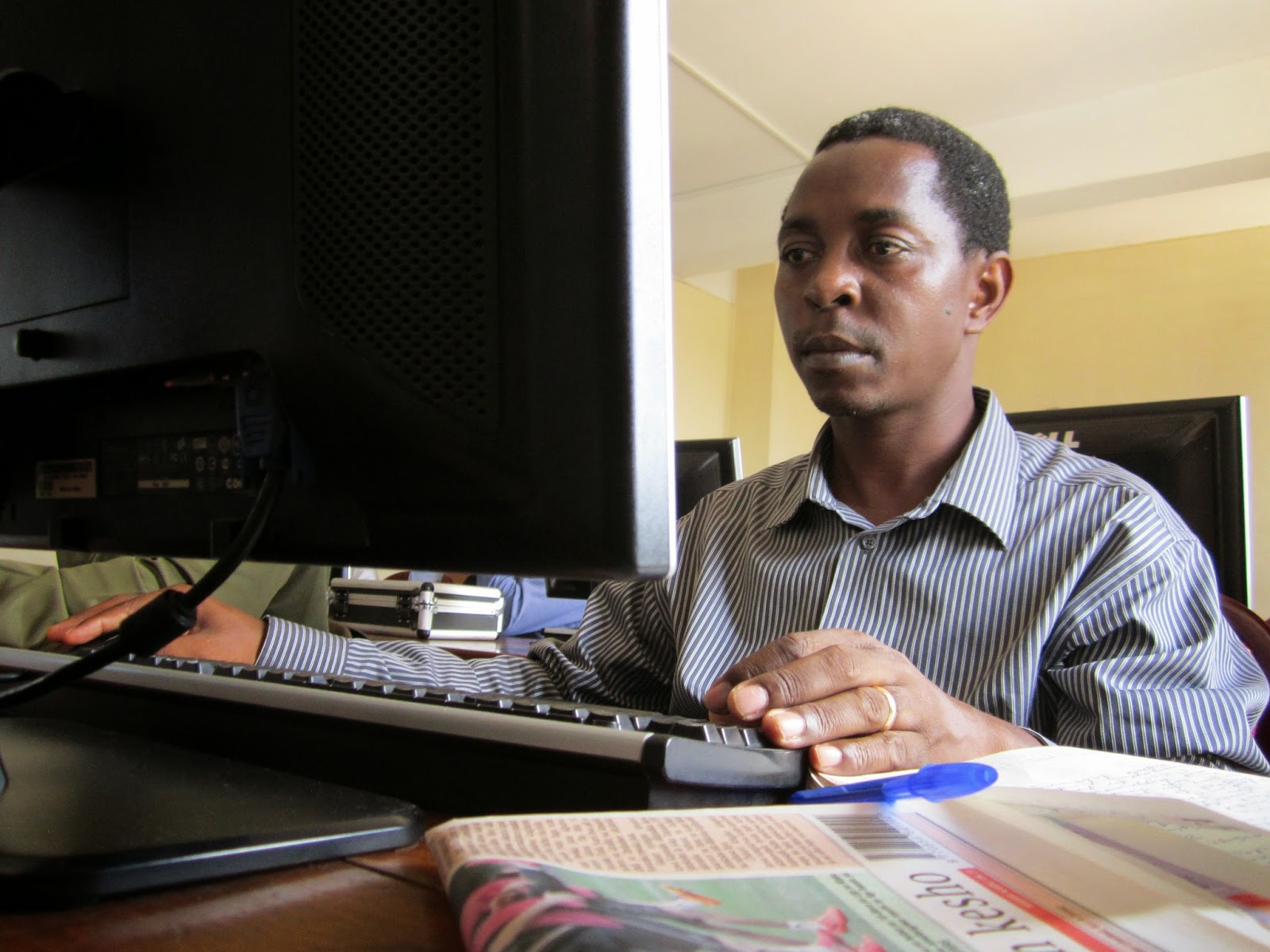Now what do we mean with investigative internet journalism? To break down that concept, maybe it’s first best to define what we mean with investigative journalism. There are also several different definitions for that.
According to the
Wikipedia online encyclopaedia, investigative journalism is a form of journalism in which reporters deeply investigate a topic of interest. Often it focuses on topics such as crime, political corruption, corporate wrongdoings, or any other topic that some other people in the society would rather want to hide from the public. Investigative journalism might include undercover reporting, analysis of documents or databases of public records, or numerous interviews, also with anonymous sources. An investigative journalist may spend months or even years researching and preparing a report.
The News Manual is an online resource for journalists published with the support from UNESCO.
According to the manual, the job of journalists is to let people know what is going on in the society and the world around them. Journalists do this by finding facts and telling them to their readers or listeners. Throughout the world, however, governments, companies, organizations and individuals might try to hide some decisions or events which affect other people. So when a journalist tries to report on matters which somebody wants to keep secret, this is investigative journalism.
According to the
Investigative Journalism Manual by the South Africa-based Forum for African Investigative Reporters, investigative journalism digs deeply into an issue of public interest, producing new information or putting known information together to produce new findings. It means searching for information from many sources, using more resources than in usual daily reporting, and often it demands teamwork and time. Investigative reporting is often revealing secrets or uncovering issues surrounded by silence. But it’s not always about bad news, and doesn’t necessarily require undercover techniques. Usually this kind of reporting also aims to provide context and explain not only what has happened, but also why.
The word “investigate”, again, according to
The New Oxford Dictionary of English, is to carry out research or study into a subject in order to discover facts or information; to make inquiries about the character, activities or background of someone; or to make a check to find out something.
So broadly defined, investigative reporting sounds like a very essential part of every journalist’s work: finding information and making inquiries about facts, backgrounds, context, and simply investigating the story we are working on.
Definitions found through the internet about what would be
investigative internet journalism, or
investigative online journalism, differ even more. These are still new concepts, and different people understand them differently.
For some it would mean doing investigative inquiries by making use of the social media to provide answers to the journalist’s questions. For others it means publishing the investigative reports online with all the possibilities provided by multimedia and interactivity.
In this training, however, we will define investigative internet as making use of the tremendous amount of information in the internet for finding facts, backgrounds, context, and simply investigating the stories we are working on. In today’s Tanzania, this is surely one of the most important areas to focus on in journalism training, both for students and professionals.
















